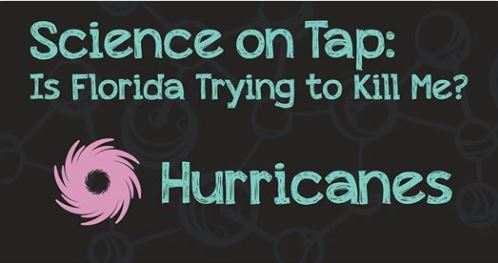47 Years of large Antarctic calving events
In Antarctica, massive icebergs are a consequence of calving, where blocks of ice detach from the continent’s ice shelf. The calving of these massive icebergs is a rare occurrence with unpredictable variability, making it a difficult process to understand and statistically model. Here, we study calving using a statistical method called extreme value theory (EVT), […]




